Helen Bundy Medsger – Volunteer of the Year Award Recipient
The Lewy Body Dementia Association 2022 Volunteer of the Year is Helen Bundy Medsger.
Helen’s story is a unique one. Helen has had three first-degree relatives impacted by Lewy body dementia (LBD) throughout her life and was the primary caregiver of two of these relatives.
Her first encounter with Lewy came early in life, as she supported her father through his challenging journey with the disease at a time when LBD was still widely unknown. In fact, the diagnostic criteria for LBD was not released until the year he passed. Helen experienced the struggle that so many face as they seek an accurate diagnosis for their loved ones. Wading through complex conversations with healthcare professionals, she fought to advocate for his needs and quality of life at a time when his needs were not generally understood by those in the medical field. Six years later, her sister Maureen began to show signs of the same terrible disease.
Professionals assured Helen that Maureen’s changing behaviors were likely attributed to the ‘nature of growing older as a woman’ – menopause, and subsequently, depression. She was prescribed anti-depressants, and instantly saw adverse side effects. Helen and Maureen began “pounding at the health system – [Maureen] needed more testing.”
Their efforts were not in vain. With neuropsychological testing approved, they could move forward. The results were anything but positive. Now, officially diagnosed with Lewy body dementia, Maureen would turn once more to Helen just as their father had. She asked, “Will you walk this path with me?”
For Helen, this was not even a question.
She knew that something needed to change, though. Her first experience as a caregiver had taken a toll on her, and she knew she couldn’t do it the same way again. “By the time my dad passed, I was not in good shape at all.” She told herself, “You’ve got to do this differently, Helen,” and she made sure to create a village of care, mentorship, and support around she and Maureen as they navigated their journey together.
Helen’s experience as a caregiver and advocate for LBD coupled with Maureen’s keen ability to articulate what she was experiencing; whether it be hallucinations, delusions, or another symptom of the disease, empowered the sisters in their 15-year walk with Lewy. After their father, the two knew that the best medicine for Maureen was to stay physically and mentally engaged. They became involved with the University of California San Francisco Memory and Aging Center, participating in invaluable research and sharing their story to help raise awareness of the disease and its management amongst others.
Helen would coordinate transportation with her sister’s neighbors so that she and Maureen could participate in activities outside the house, such as water aerobics. They attended water aerobics three days a week until she went into care, where Maureen would reside for the last three years of her life.
Even as Helen speaks about her efforts in the Lewy body dementia space, she reflects on the power of Maureen’s continued influence. Helen knew from caring for her father what the future held in store for Maureen, and she decided early on to focus on creating moments of joy for the two of them during the time they had together. Every research trip was coupled with one for pleasure, and the photos from these trips remain some of her most cherished. “Every day my role is to bring her joy. If I can make her smile, that is a gift, but if I can make her laugh? That is the best thing I can give her, and it is a gift to me at the same time. We laughed a lot.”
She advises others living with Lewy to find happiness in the little things. “I stress to people; this is going to be a marathon. There is no sprint in this – you have to pace yourself. There are going to be hills and valleys, and they are going to be rocky.” Focusing on the wins when they come, and ensuring you have a community there to support you when it feels like there are none, are imperative as a caregiver. The importance of support cannot be overstated.
In 2004, Helen met The Whitworths, early founders of the Lewy Body Dementia Association, and became heavily involved in the organization and its forums. She remains engaged in the community to this day, amassing an incredible network of those in the community whom she supports through education, awareness, and advocacy efforts as a volunteer. Although Helen has expanded her impact to other dementia-focused organizations, she continues her work with LBDA even still.
Helen’s world has grown large in the time since her sister’s passing. Quickly becoming a part of the international conversation surrounding LBD, she is now a member of the National Alzheimer’s Project Act (NAPA) Council on Research, Care, and Services along with other advisory boards, and a nationally recognized resource on Lewy body dementia caregiving. She has commented on a World Health Organization (WHO) paper, edited a book on LBD, created webinars and presentations alongside the University of California San Francisco, and spoken on podcasts.
Helen continues to participate in research and promotes the inclusion of those with lived experience of dementia in research development, manages support groups, and provides one-on-one support through the LBDA Lewy Buddy program. The impact of her tireless efforts is felt the world over.
Helen is an exemplification of LBDA’s mission to support those living with Lewy body dementias, their families, and caregivers. We are beyond grateful for her dedication and continued work helping others navigate their own journey with Lewy.
Helen, thank you. We are honored to present you as the Lewy Body Dementia Association 2022 Volunteer of the Year.
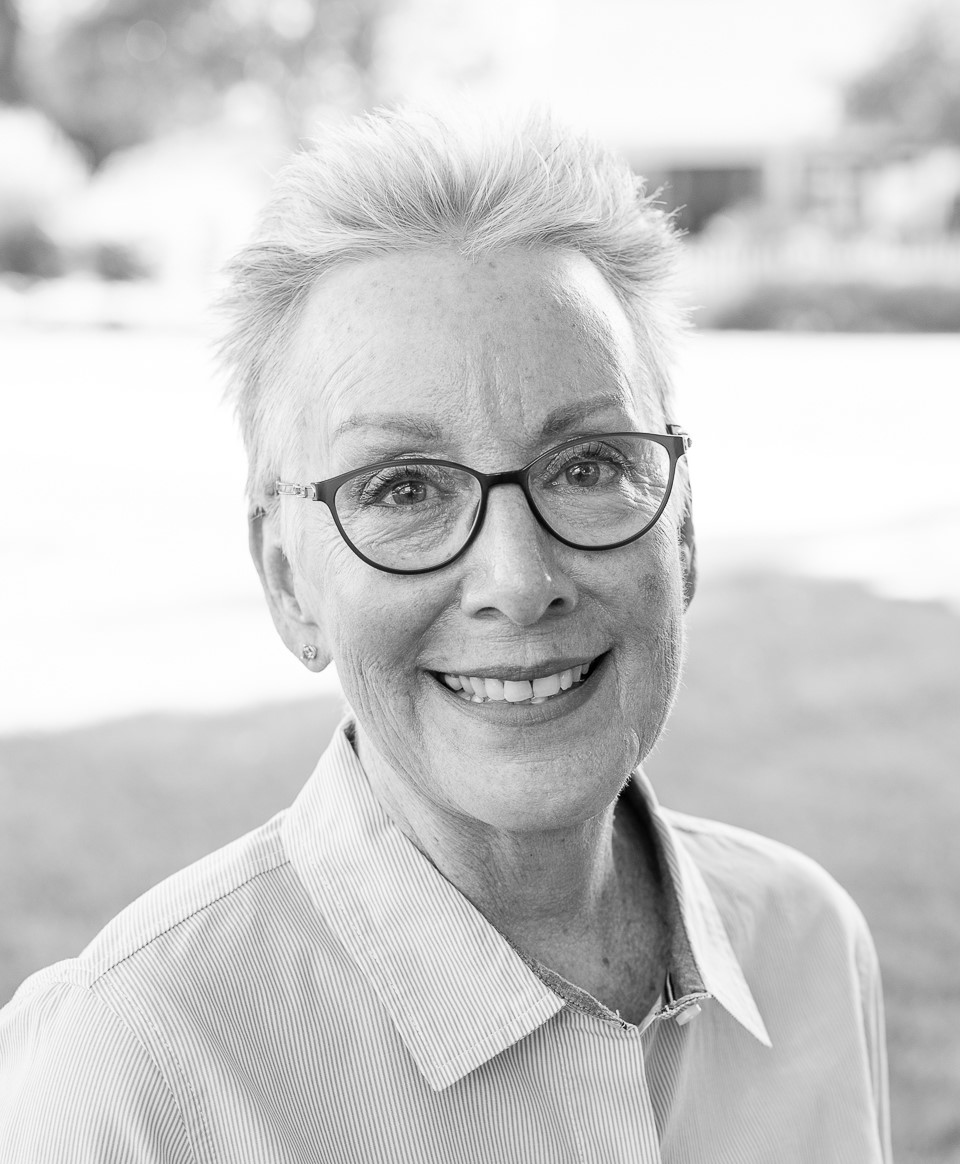
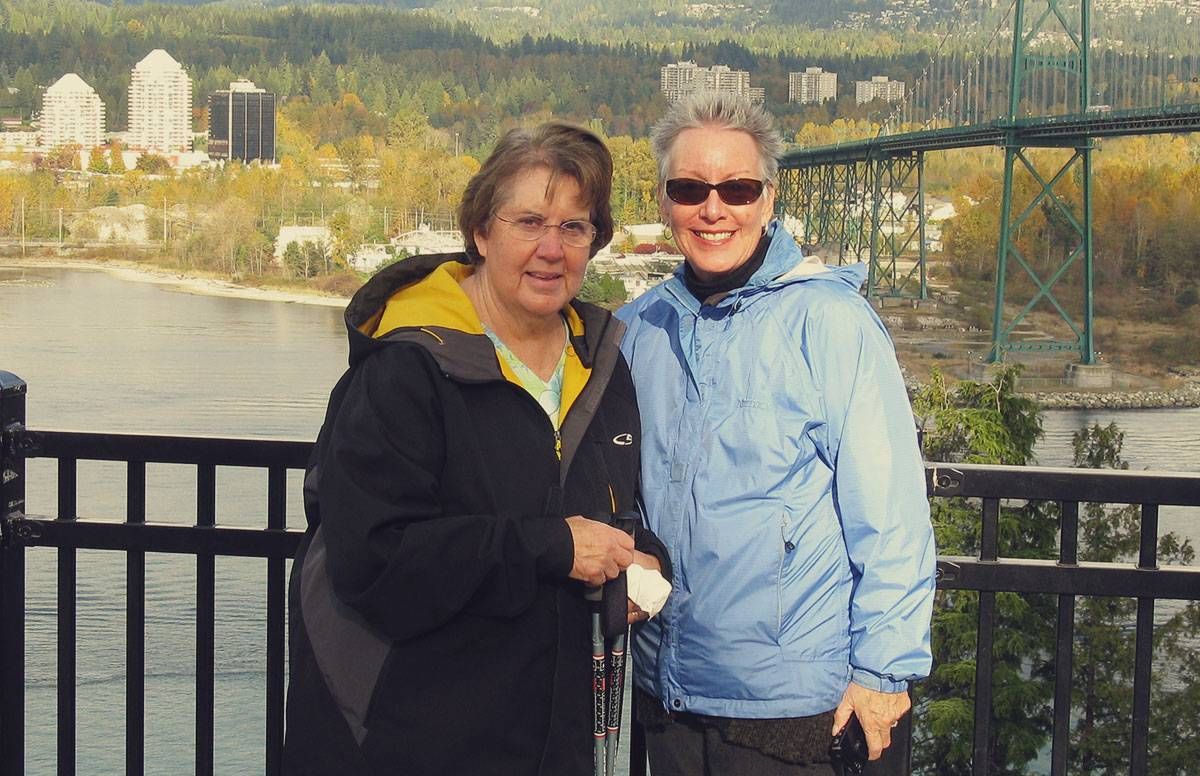
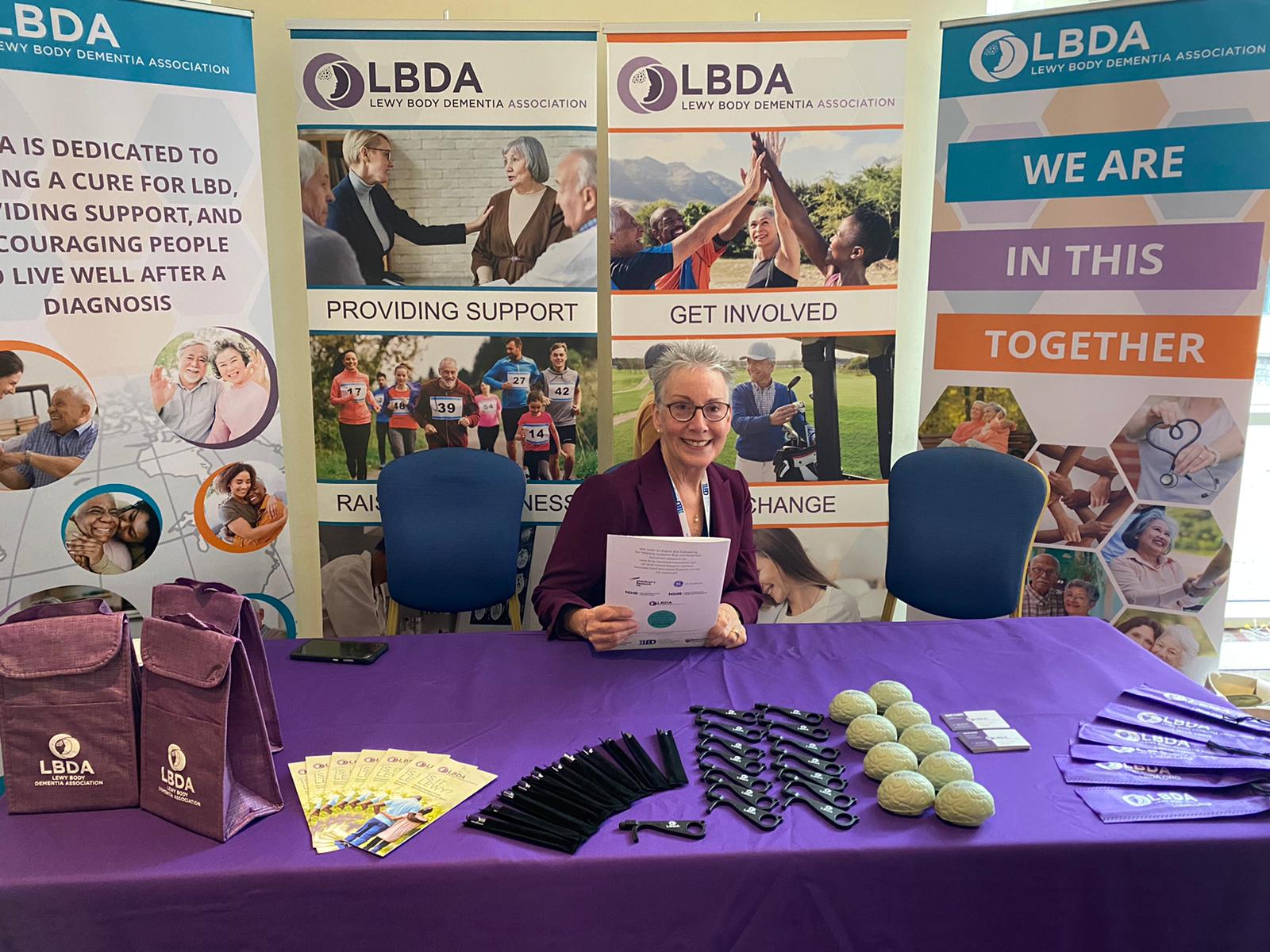
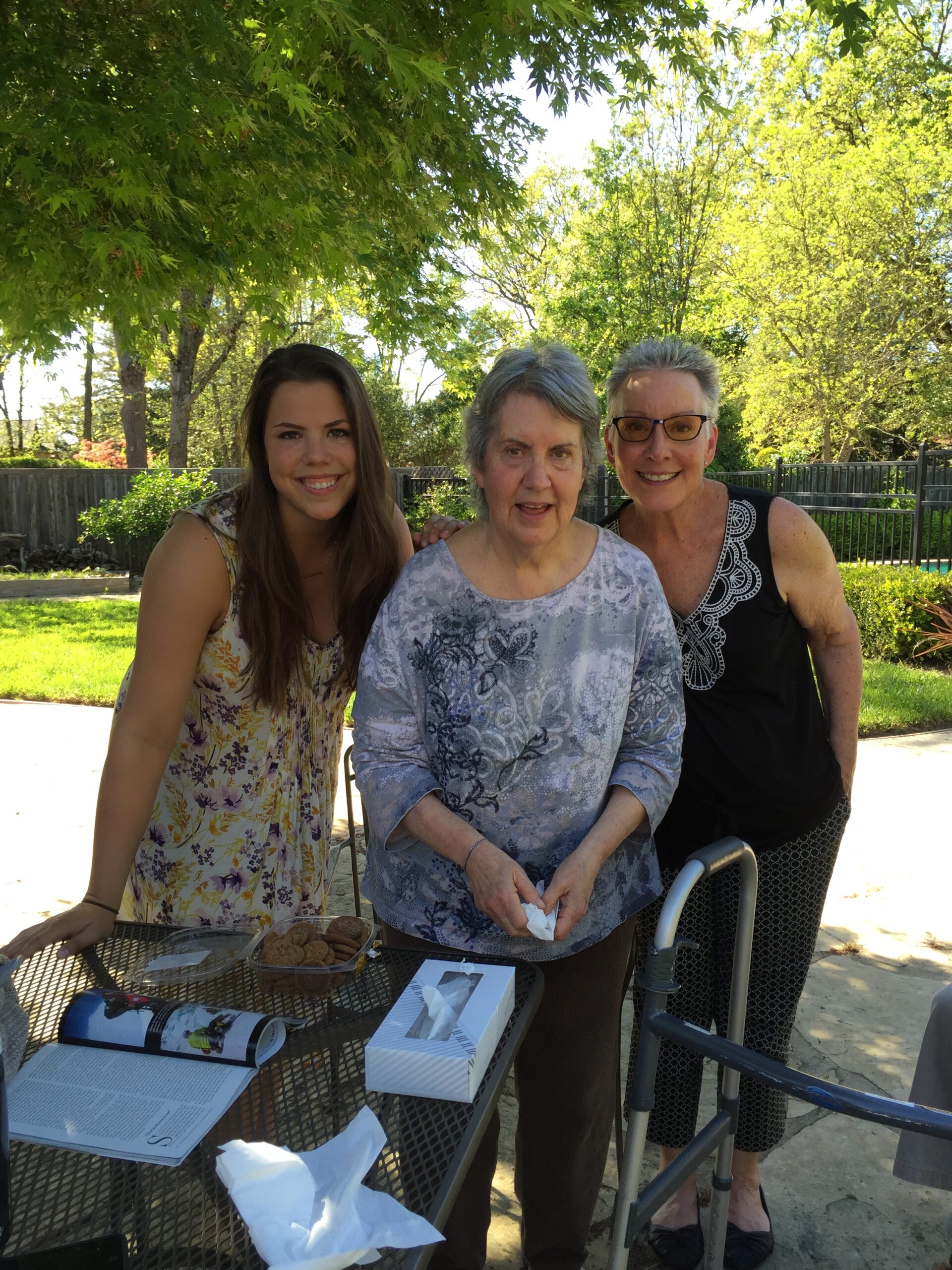
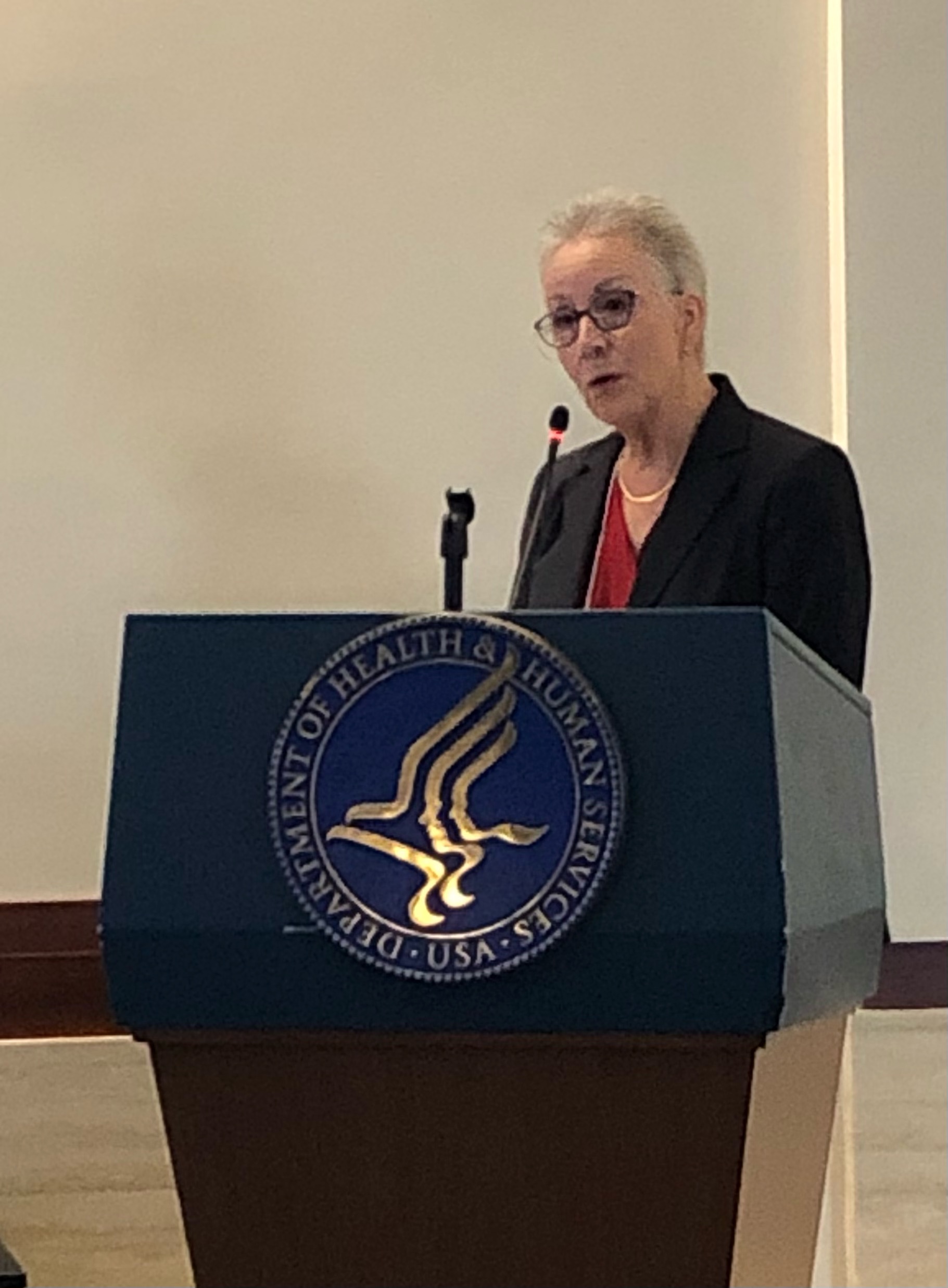
LBDA
April 4, 2023